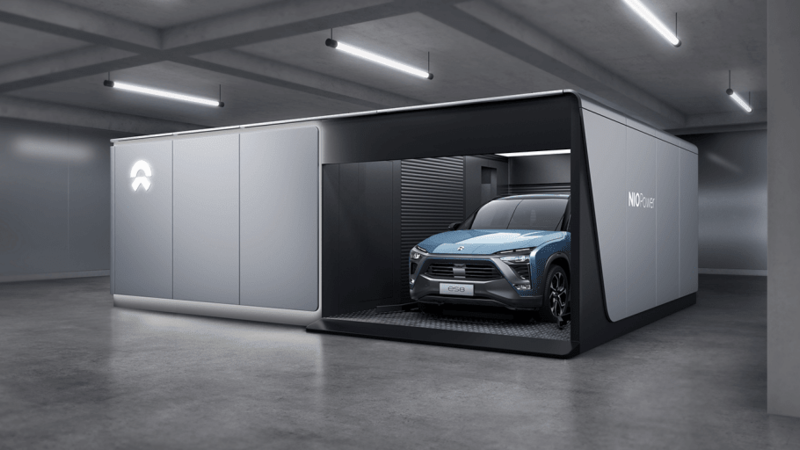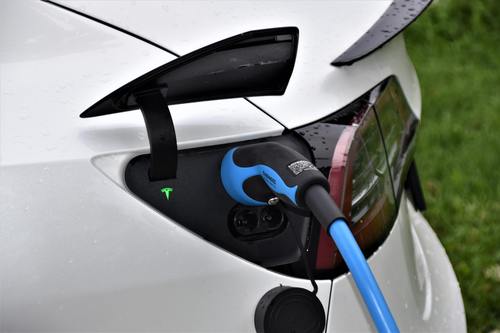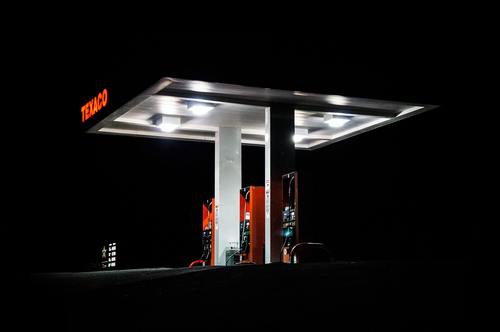

For many years I have researched Electric Vehicles, drooling over the prospect of owning a Tesla Model X. However, as someone passionate about helping the environment, I have struggled to find an Electric Car that I could purchase. It has made me think, if somebody like me, that fantasises over owning an EV will not buy one, why would anyone? What is stopping me from buying one and why are EV's not filling up our roads? Throughout this post, I investigate what the potential obstructions are and why electric cars do not have a higher market share. Here are five key factors that will help make electric the preferred mode of transport.
1 - Heavy promotion on its benefits
It is widely accepted that EVs are a cleaner and more sustainable mode of transport, however, some still do not see the urgency in why they should make the switch to Electric. The novel Coronavirus pandemic has helped to highlight the impact that fossil fuels have on our cities and wildlife. There are currently an estimated 4.2 million deaths a year related to air pollution, yet the message still does not get seen. If car manufacturers and local governments would highlight fossil fuel air pollution in a PSA strategy similar to cigarettes being bad for your health, this could help people make the switch faster.
2 - Making EVs more affordable
With EV technology still relatively new and companies such as Tesla only starting to make a profit, it is easy to understand why the cost of an EV is typically higher. If manufacturers truly want to make the world cleaner and sustainable then they need to make a commitment. Price of EVs alienate those who cannot afford a £30,000+ price point and, even with government incentives, it does not bring the cost down enough for the average consumer.

3 - Fast Charging Solutions
Battery life anxiety plagues most of us when it comes to our mobile phones and is something that the average consumer will think about when contemplating purchasing an electric car. With an average range of 181 miles, electric cars are seen by many as only suitable for short-distance driving. This can be easily resolved by the increased availability of charging stations, rather than having to plan a charge route for your car on a long journey. Having fast-charging stations in the majority of petrol stations coupled with charging speeds close to the speed of refuelling with fossil fuels would eliminate battery life anxiety for most consumers. NIO are looking to offer a battery swap service that would see your battery pack for your NIO EV be swapped in 3 minutes, but this doesn’t appear to be as scalable or cost-effective as battery charging.
4 - Wide range of options
We are now seeing many manufacturers produce their own EVs, but this has a strong bias towards the SUV and Luxury Vehicle market. If consumers had a wider variety of options to choose from, like fossil fuel cars, then this can also have a massive affect on market share.
5 - Banning use of fossil fuel cars
The final way to make EVs the preferred mode of transport is to ban the sale of new fossil fuel cars. Many world and localised governments have already announced plans to phase out diesel and petrol cars, however their targets are not extreme enough, if we want drastic change. Banning the sales of these cars in the next 10 years is a fast track way to switch people to EVs - but perhaps a short term strategy would be to increase tax on Diesel vehicles to the point that they are not appealing to the average consumer.

Final Thoughts
We are seeing positive change in how people think about the environment and how they can play their part. There are more and more new companies developing sustainable technology and pushing the established manufacturers to do the same. If we can get these 5 important changes right, it won’t be long before electric becomes the preferred mode of transport.
Get in touch with us today to discuss your thoughts on the future of transport!